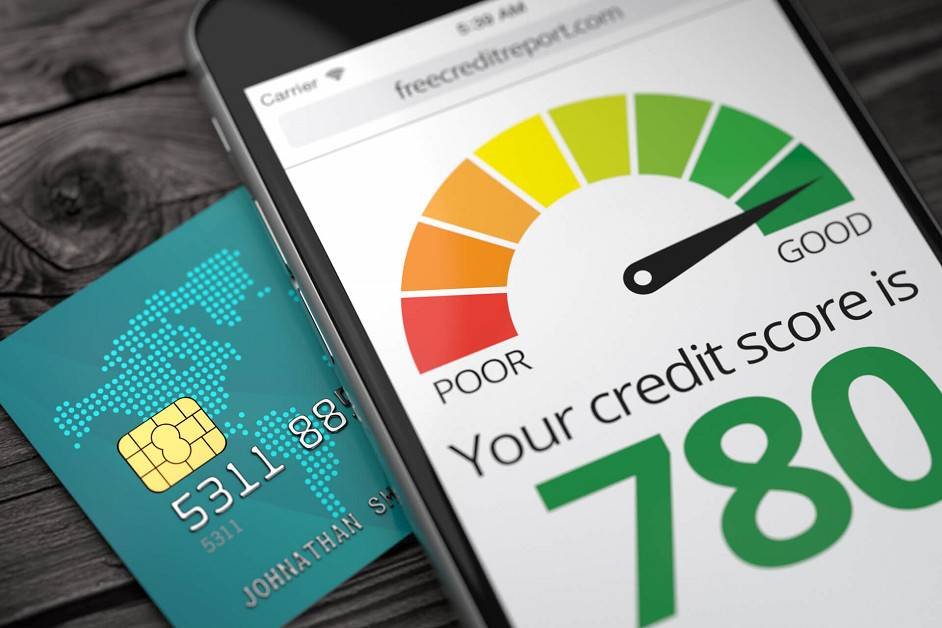Millennials may deny having worries about build credit and say they don’t need it, but in actuality, every person is required to be actively concerned about their credit and credit score. A recent study showed that the credit score of about 40% of millennials is 620 or less, which is not good.
A low credit score signals the lenders that you are someone who can’t be trusted with a loan as you won’t be able to stick to the repayment terms. This can make applying for an apartment loan, car loan, or mortgage very problematic. Thankfully, building creditworthiness is not as challenging as it may seem. Apart from conducting a regular CIBIL score check via a CIBIL score login, the following are five tips that will help you build a credit score.
Use these five tips to build credit

Pay bills on time
Your credit score depends on your payment history or the consistency of paying debts on time. Everyday bill payments via credit cards are reported to credit bureaus. You can use them to your advantage by making your payments on time. If you are not good at remembering payment dates, you can consider automating your bill payments.
Establish a credit history
All your credit accounts are documented in the form of credit history. This data is used by lenders to get to know your way of utilizing money. Your credit history contains details about the number of loans or credit cards you have. Although most millennials don’t care about their credit history right now, it can influence larger purchases at the end of the day as almost all lenders look for a long track record of financial responsibility. So, it is best if you’d think about building a solid credit history now.
Use credit cards (smartly)
One of the simplest ways to start establishing a credit history and, subsequently, a credit score is by applying for a credit card. But you must make sure you use those smartly. A way of building your credit score with your credit card is by using it to pay for everyday purchases such as groceries and gas and then making the scheduled payments regularly. This way, a positive credit history will be created, and your credit score will increase over time.
Be aware of your credit score!
You wouldn’t go about shopping for a new car without having an idea about its cost and affordability. Similarly, you shouldn’t apply for loans or credit cards without conducting a CIBIL score check. Being aware of your credit score can also help you recognize your weak areas, such as your debt utilization ratio and credit history.
Keeping track of your credit history and conducting a CIBIL score check via a CIBIL score login at least once a year can also help you identify errors (if present) and get those rectified at the right time. Yes! Credit organizations can make mistakes too.
Put Your Student Loans To Work
Millennials are resorting to an “out of sight, out of mind” sort of attitude when it comes to student loans. One study showed that about 36% of college graduates do not care about conducting a CIBIL score check and don’t know the interest rates on their student loans. Even 15% of them had no idea about how much they owed. Because lenders and creditors view student loan debts like any other debt, you should ensure that you don’t skip or delay payments. All this contributes to poor credit scores and that is the last thing you want!
Conclusion
Now that you are aware of the ways to build a great credit score, it is time to get into the action. Conduct a CIBIL score check, follow the tips given above and see your credit score improving at a steady pace!


